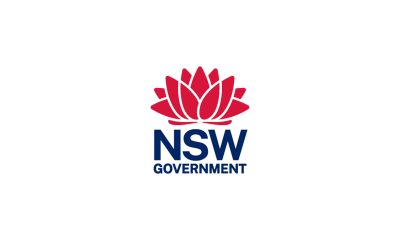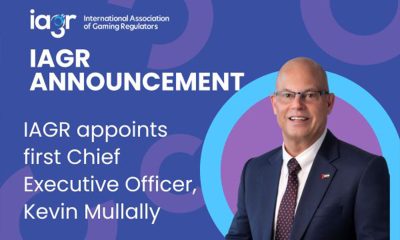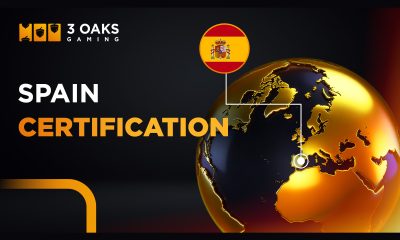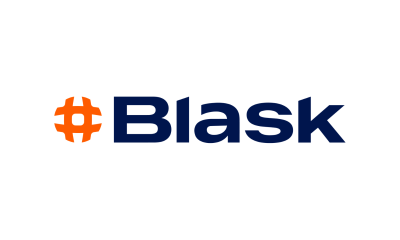Compliance Updates
EGBA: Finland’s New Gambling Legislation: A Step Forward, With Room For Improvement

Finland’s proposed change to its online gambling legislation marks a significant milestone in European gambling regulation. Finland is the last EU country with a monopoly system for online gambling, and its shift towards a multi-licensing approach is a positive change. It finally brings it into line with the rest of the EU countries who all already have some form of licensing framework for online gambling.
Maarten Haijer, Secretary General of European Gaming and Betting Association, said: “At EGBA, we support the newly proposed legislation, which we’ve advocated for years. Experience shows that a monopoly doesn’t work in the online world, and consumers are best served and protected in a well-regulated but competitive environment, where safety tools such as deposit limits and self-exclusion are made available to players.”
While Finland’s proposal is heading in the right direction, some areas require some fine-tuning to ensure the new licensing framework achieves its goal of ensuring Finns play with locally licensed websites.
Maarten Haijer said: “For starters, the proposed marketing restrictions, especially the ban on affiliate marketing and social media advertising, might backfire. These channels play a key role in guiding consumers to licensed, regulated platforms. Without them, players will drift to black market websites that don’t follow Finnish regulations or prioritise consumer safety.
“Also, the proposed blanket ban on bonuses is concerning. While we support setting boundaries on bonusing, a complete prohibition will simply make any newly licensed operators less competitive against unlicensed ones. This risks pushing players towards unregulated sites, undermining the very consumer protections the legislation aims to establish and strengthen.”
He added: “In our response to the government’s recent consultation, EGBA suggests two key improvements: Bring affiliates into the regulatory framework and allow social media advertising under clear rules. Both are valuable tools for channelling players towards licensed operators. By implementing clear guidelines, such as mandatory safer gambling messages, Finland can harness the power of these marketing channels while maintaining high standards of consumer protection.
“Instead of banning bonuses outright, implement guidelines for their responsible use. For instance, a nuanced approach could involve prohibiting bonuses for players showing signs of problematic behaviour, or setting clear rules on when and how bonuses can be offered. This strategy would allow operators to compete more effectively with unlicensed sites who will undoubtedly use bonuses to try to entice Finnish players away from regulated websites.
“These changes would better align Finland’s approach with the successful models seen across the EU, striking a balance between market competitiveness and robust consumer protection.
“Transitioning to a licensed market is no small feat, but it’s one that ultimately benefits everyone involved. At EGBA we are ready to share our expertise and support Finland in creating a well-regulated, competitive, and safe online gambling market.
“Finland stands at a pivotal moment in the history of its gambling regulation. By crafting a successful online gambling framework, Finland, like its neighbours Denmark and Sweden, can successfully transition from its monopoly to a well-functioning licensing system. Denmark’s transition to multi−licensing in 2012 led to a significant improvement in online channelisation, reaching well over 90 per cent. Sweden has seen similar improvements.
“Addressing the concerns about marketing restrictions and bonus regulations is crucial to ensure the new legislation achieves its objectives, safeguarding Finnish consumers while fostering a healthy, well-regulated online gambling environment.”
The post EGBA: Finland’s New Gambling Legislation: A Step Forward, With Room For Improvement appeared first on European Gaming Industry News.
Compliance Updates
MGA Publishes Results of Thematic Review on Self-exclusion Practices in Online Gaming Sector
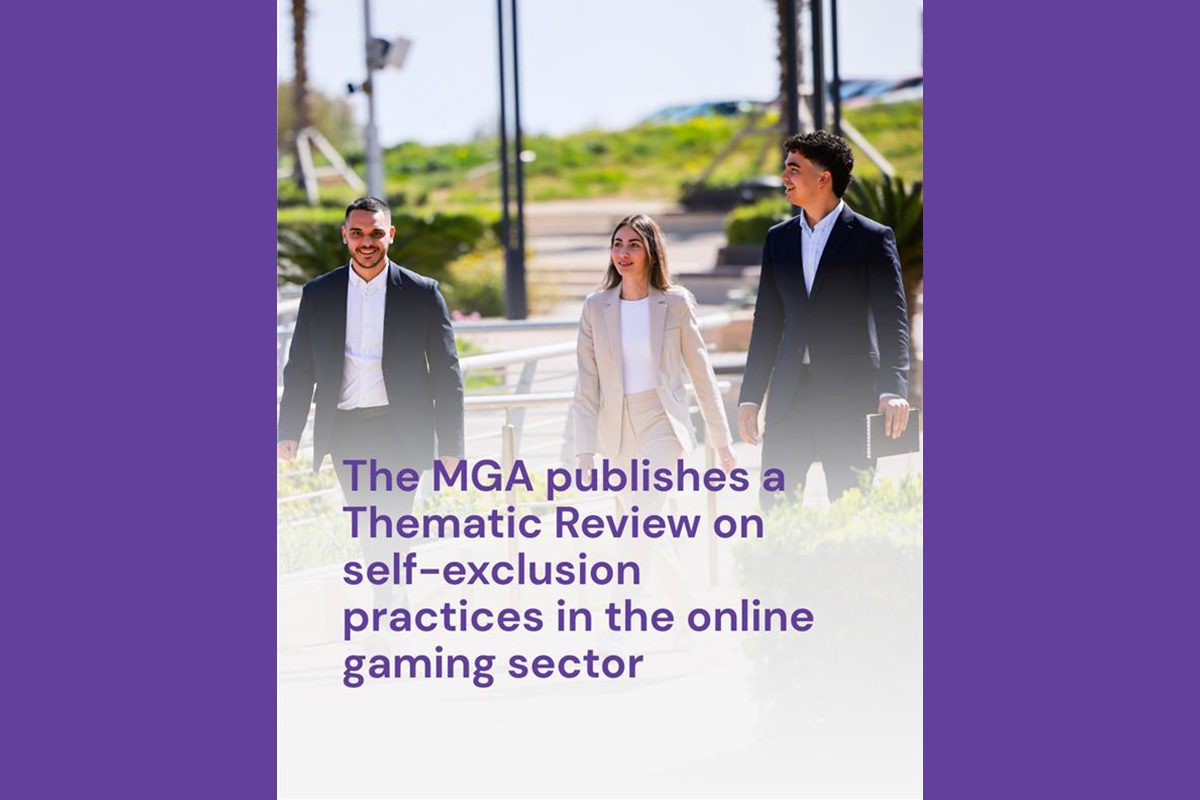
The Malta Gaming Authority (MGA) has published the results of a Thematic Review on how online B2C licensees implement self‑exclusion and other responsible gambling safeguards. The Review sought to identify any systemic weaknesses and clarify regulatory expectations relating to player protection, highlighting areas performing well as well as opportunities for licensees to strengthen their practices.
The Review was carried out in 2025 following reports that some players were able to access multiple brands despite being self‑excluded due to problem gambling. It examined the real‑world performance of player protection tools across 20 licensees and 58 active URLs. A mystery shopping exercise assessed the effectiveness of self‑exclusion processes, cross‑brand account controls, and the presentation of responsible gambling protections at key points of play.
The findings presented in this document reaffirm the Authority’s ongoing commitment to safeguarding players and upholding the integrity of the online gaming sector. Overall, the Thematic Review indicates a positive level of compliance, with the majority of licensees assessed demonstrating practices that are broadly in line with regulatory expectations. At the same time, the Review highlights opportunities for further strengthening player protection measures across the sector.
The assessment outlines the specific areas where enhancements would be beneficial. These include delays in activating self‑exclusion, instances where exclusions were lifted without applying a mandatory cooling‑off period, challenges in detecting duplicate or closely matching player identity details across brands, the absence of limit‑setting prompts during registration, and incomplete information displayed within Reality Check pop‑ups. Together, these findings provide guidance where systems and processes can be enhanced to ensure player protection measures operate as intended.
The Authority has communicated the findings to the relevant licensees, each of whom has been asked to address the points raised and submit rectification plans. Follow‑up supervisory engagement will continue where necessary, including monitoring the implementation of corrective actions. This work forms part of the Authority’s broader risk‑based oversight approach, aimed at promoting higher and more consistent standards of player protection across the sector.
Through this Guidance Document, the Authority encourages all licensees to use the insights from this Review to reinforce their internal frameworks, enhance their responsible gambling controls, and continue contributing to a safer and more sustainable gaming environment.
The post MGA Publishes Results of Thematic Review on Self-exclusion Practices in Online Gaming Sector appeared first on Eastern European Gaming | Global iGaming & Tech Intelligence Hub.
Adventure One QSS
Dutch Gambling Authority Imposes Penalty on Adventure One QSS for Illegal Gambling
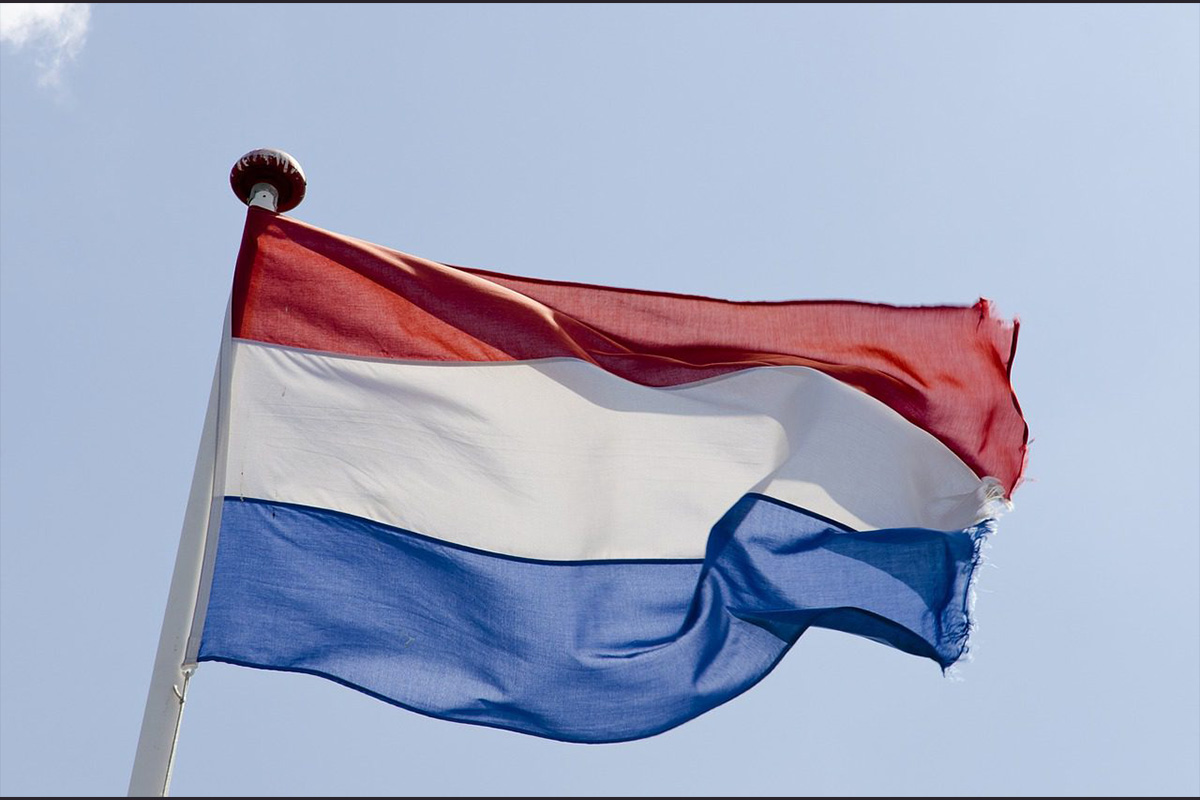
The Netherlands Gambling Authority (KSA) has imposed a penalty on Adventure One QSS Inc. for illegal gambling. Adventure One offers games of chance on the Dutch market under the Polymarket brand name, without a license. The KSA has called on Polymarket to cease its activities immediately. If it fails to do so, the company will be fined €420,000 per week, with a maximum of €840,000.
Polymarket has been frequently in the news in recent months, particularly regarding betting on the Dutch elections. Although Polymarket itself states that prediction markets do not fall under the category of gambling, the Netherlands Gambling Authority (KSA) has taken a different stance. After contacting the company about its illegal activities on the Dutch market, there has been no visible change, and the offering remains available. The Netherlands Gambling Authority therefore imposed this order, subject to a penalty. A turnover-related fine may also be imposed at a later date.
Ella Seijsener, director of licensing and supervision at the Netherlands Gambling Authority (KSA), said: “Prediction markets are on the rise, including in the Netherlands. These types of companies offer bets that are not permitted in our market under any circumstances, not even by license holders. Besides the social risks of these kinds of predictions (for example, the potential influence on elections), we conclude that this constitutes illegal gambling. Anyone without a KSA license has no business in our market. This also applies to these new gambling platforms.”
The post Dutch Gambling Authority Imposes Penalty on Adventure One QSS for Illegal Gambling appeared first on Eastern European Gaming | Global iGaming & Tech Intelligence Hub.
Brais Pena Chief Strategy Officer at Easygo
Stake Goes Live in Denmark Following Five-Year Licence Approval
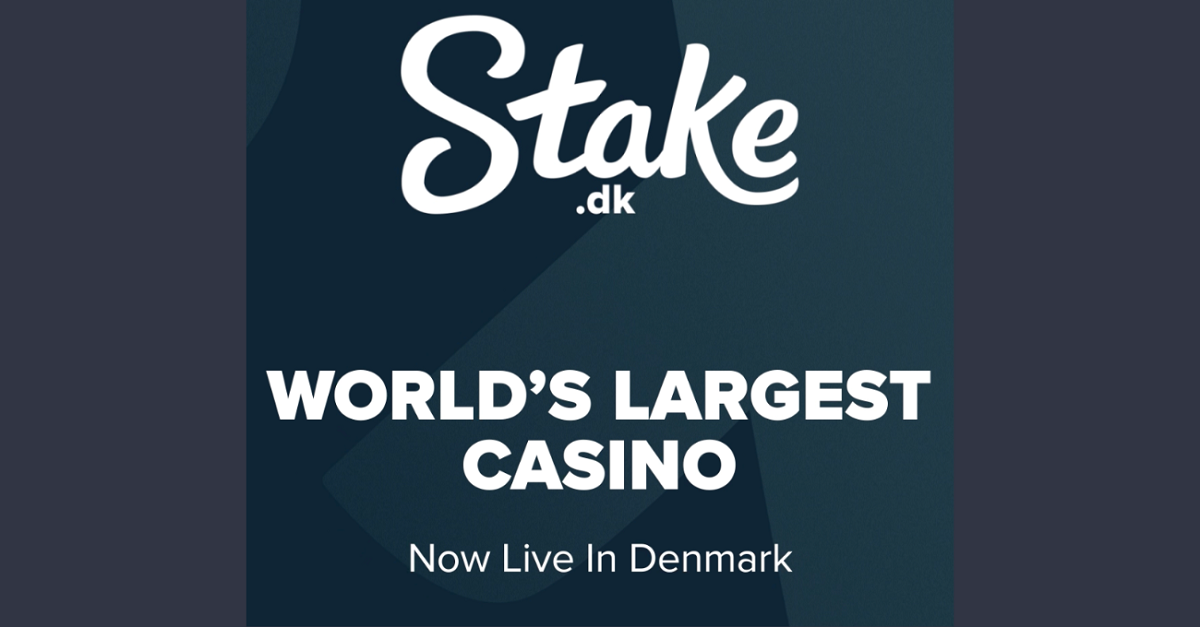
Stake, the largest online casino and sportsbook globally, today proclaims its official entry into Denmark after obtaining a five-year online casino and sports betting license. The shift reinforces Stake’s enduring dedication to enhancing its global growth strategy.
Denmark is often seen as a regulatory success within the European online gambling scene, and Stake has now introduced its flagship, internationally recognized product to the Danish market. Players will unlock access to Stake’s top-tier casino and sportsbook, showcasing exceptional games, cutting-edge technology, and an exceptional user experience, all provided with a strong local emphasis.
Starting 1 March 2026, Stake Denmark will set up its new headquarters at Parken Stadium, the national football stadium of Denmark and the home ground for FC Copenhagen.
Peter Eugen Clausen, Managing Director at Stake Denmark, said: “Denmark has one of the most well-regulated and competitive gaming markets in Europe, and that’s exactly what makes it so exciting. With Stake’s arrival, Danish players can expect a fresh, world-class experience backed by global scale and strong local focus. We’re raising the bar in terms of product, transparency, and entertainment, and I believe increased competition from brands like Stake will only drive the market forward in a positive way.”
Brais Pena, Chief Strategy Officer at Easygo, the technology company behind Stake, said: “Denmark marks our entry into the Nordics and represents a clear win in one of Europe’s most mature and high-value markets. With each new market, our momentum continues to build as we deliver on our global expansion strategy.”
Since its inception in 2017, Stake has positioned itself as the top betting and gaming brand globally by continually presenting advanced technology and novel gaming experiences for players around the globe. Upon entering Denmark, Stake maintains its dedication to player safety and responsible gaming, guaranteeing that gambling stays enjoyable, secure, and entertaining by providing extensive tools and resources that assist customers in comprehending and monitoring their gambling behavior.
The post Stake Goes Live in Denmark Following Five-Year Licence Approval appeared first on Eastern European Gaming | Global iGaming & Tech Intelligence Hub.
-

 Amusnet6 days ago
Amusnet6 days agoWeek 7/2026 slot games releases
-

 Aphrodite’s Kiss6 days ago
Aphrodite’s Kiss6 days agoLove on the Reels: Slotland Introduces “Aphrodite’s Kiss”
-

 Brino Games6 days ago
Brino Games6 days agoQTech Games integrates more creative content from Brino Games
-

 Alex Malchenko6 days ago
Alex Malchenko6 days agoEvoplay Strengthens Canadian Presence with BetMGM Partnership
-

 3 Oaks Gaming6 days ago
3 Oaks Gaming6 days ago3 Oaks Gaming Enters Spanish Market
-

 blask7 days ago
blask7 days agoWhen LATAM gambles: Blask reveals seasonality patterns across six countries
-

 AMLA6 days ago
AMLA6 days agoAMLA Launches Public Consultation on Three Draft Regulatory Acts
-

 Latest News6 days ago
Latest News6 days agoRed Papaya Presents: Lucky Rainbow Rush Adventure











